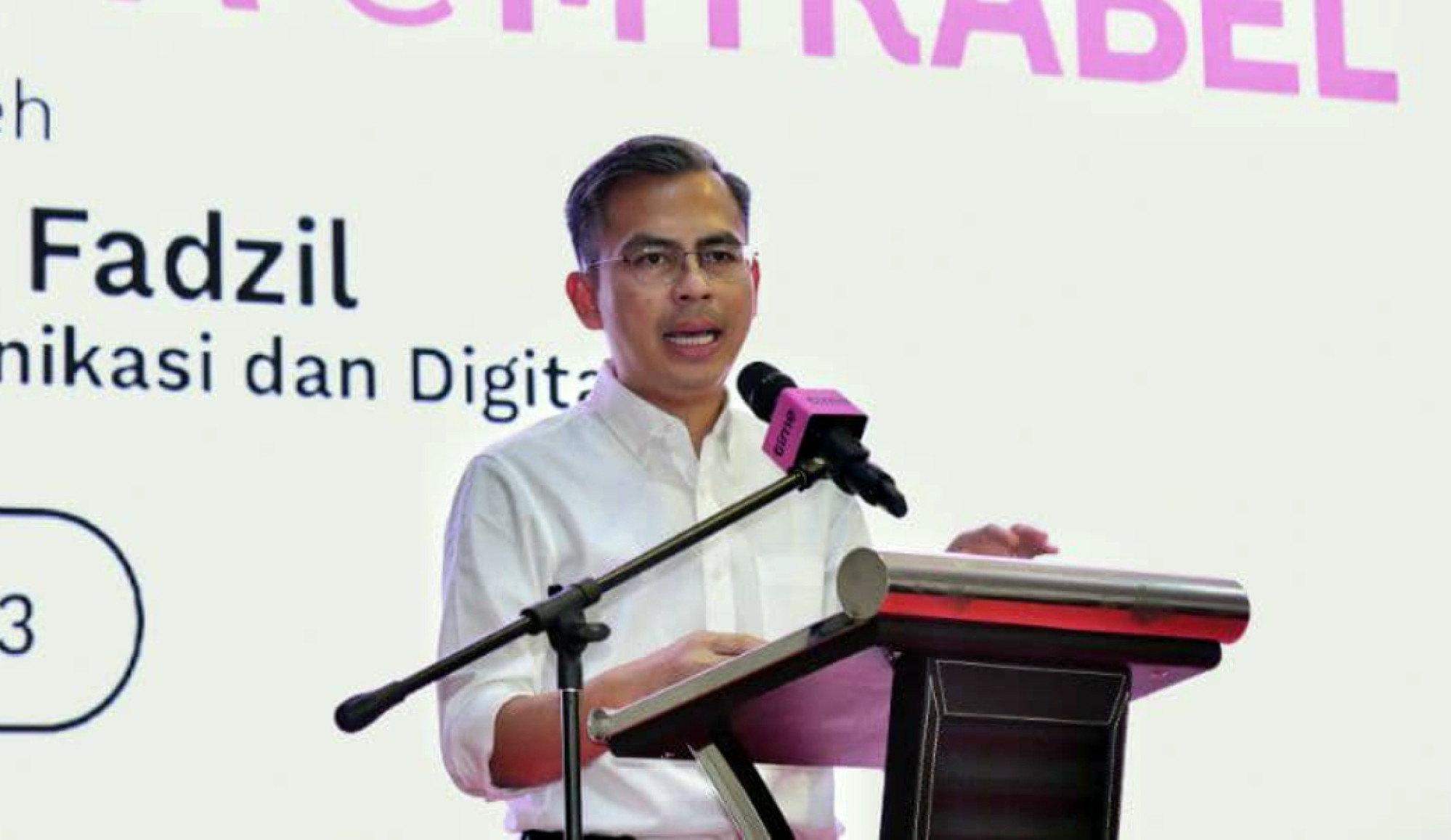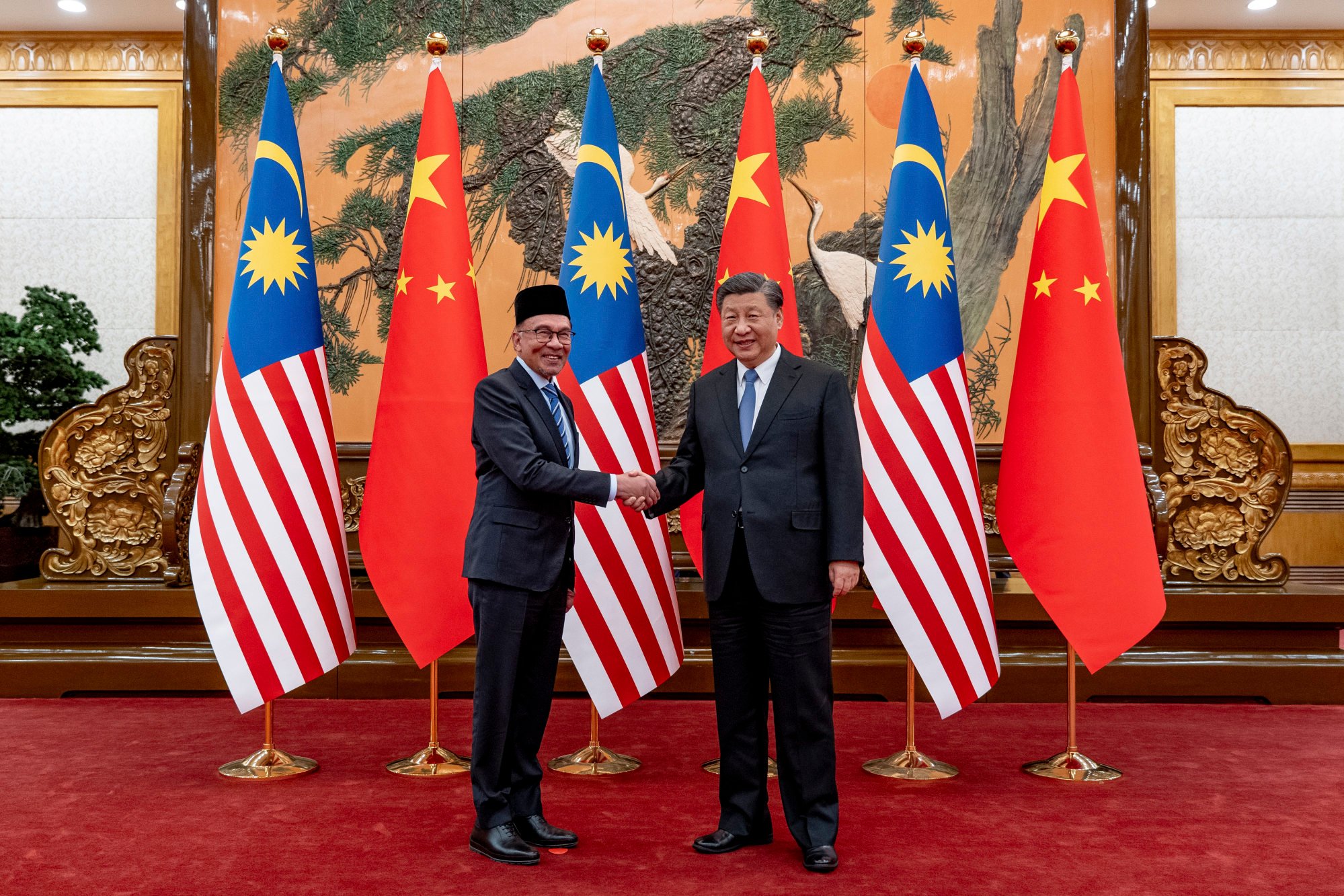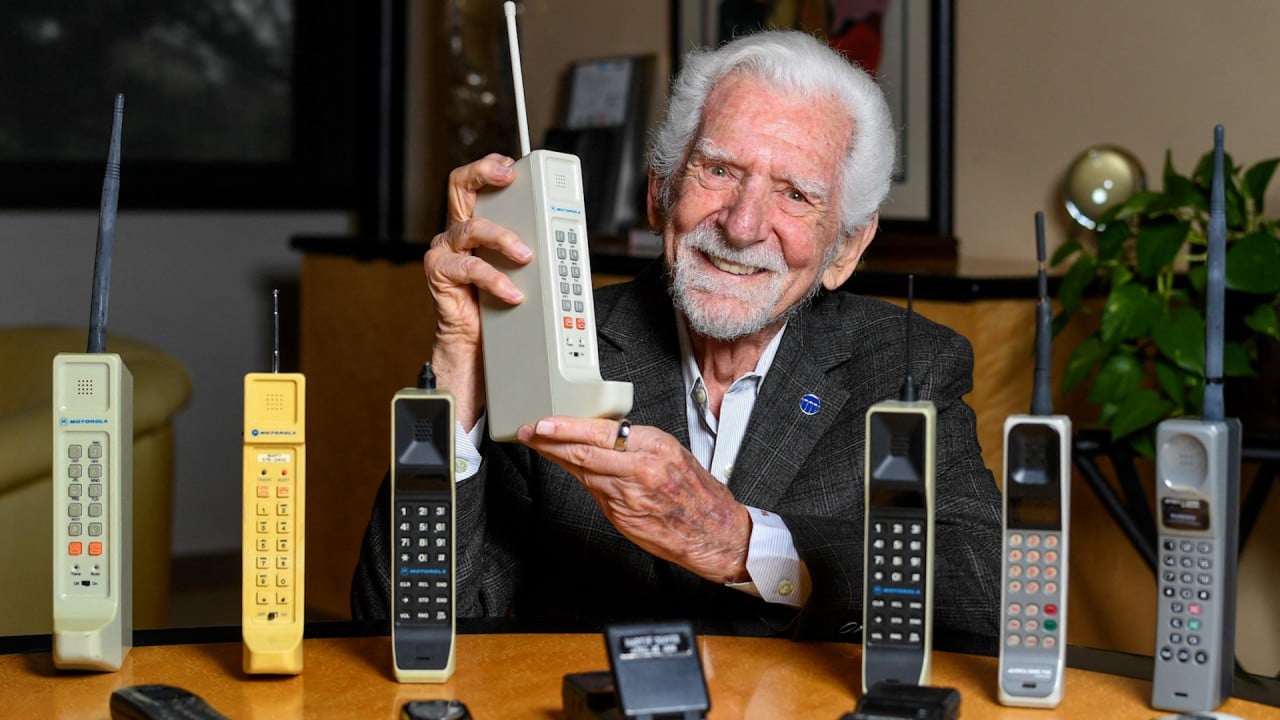
‘Best deal wins’: Malaysia not ruling out China’s Huawei as it eyes second 5G network
- Malaysia will ‘honour’ the contract for Sweden’s Ericsson to roll out the first network, but says what comes next is up to ‘entity B’ and the ‘free market’
- Digital minister says he’s not aware of any negotiations with Huawei, often accused by the West of spying for Beijing, but highlights that Malaysia can make its own decisions
The “contractual obligations” signed between DNB and Ericsson stand “and we will honour” that, Fahmi told reporters.
A second network is expected to start development in early 2024, the minister said, remaining coy on whether Huawei could be in the running for that 5G contract.
Malaysia’s top-four mobile network providers had initially pushed back against the government’s plan to give full control of the 5G spectrum on a single network to DNB, which was set up specifically to develop the nation’s 5G service.

All but one of the four have since signed access agreements with DNB, with its network being rolled out by Ericsson as its technology partner under a 10-year deal signed in 2021 and estimated to be worth 16.5 billion ringgit (US$3.7 billion).
Fahmi said the cabinet had decided to maintain the government’s target of 80 per cent coverage of populated areas by the end of this year under the DNB network, adding that he will soon begin talks with the country’s mobile network providers on the plan to set up a second network.
The EU ambassador to Malaysia, Michalis Rokas, warned in his letter that any changes to the current plan would impact the contractor as well as Malaysia’s attractiveness as a business destination for EU investors, who have ploughed €25 billion (US$27.6 billion) into the country, according to a report by the Financial Times.
Fahmi said he would arrange for meetings with all foreign envoys “who are interested in this issue” to explain Malaysia’s position.
“It’s important that we emphasise that as a sovereign country, the Malaysian government has the right and prerogative to determine its own policies without any foreign interference,” he said.
“But I believe any decision that has been made by the government will not only benefit the people and drive growth for the economy, but also be done in a harmonious way. After we meet [the envoys] to provide explanations on the matter, they will understand the Malaysian government’s stance.”

Asked about reports that Chinese telecommunications equipment maker Huawei was lobbying to get in on the 5G action in Malaysia, Fahmi said he was not aware of such negotiations.
“It is really, to an extent, up to entity ‘B’ and when they want to begin rolling out [the second network], to weigh these matters into their calculations and deliberations,” he said, referring to the eventual conglomerate or entity that would be formed to get the second network off the ground.
“This government is neutral to any of these matters. We don’t take those matters into consideration because they are, to some extent, very commercial in nature … but if we were to take the principle of a free market, I believe the best deal wins.”
Germany planning to ban Huawei, ZTE from parts of 5G networks, report says
A smaller firm, TPG Telecom – which has Huawei as one of its providers – was allocated the right to roll out localised 5G networks.


